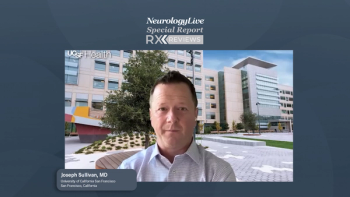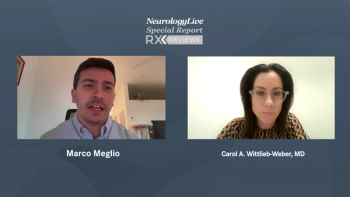
The Critical Role of Dystrophin in the Pathophysiology of Duchenne Muscular Dystrophy
An expert discusses the critical role of dystrophin in maintaining muscle integrity across multiple systems, explaining how its absence in Duchenne and Becker muscular dystrophy leads to widespread complications—including neurologic, pulmonary, cardiac, gastrointestinal, urinary, and orthopedic issues—driven by chronic muscle damage, inflammation, and fibrosis.
Episodes in this series

Summary for Physicians
Role of Dystrophin in Duchenne and Becker Muscular Dystrophy
Dystrophin is essential for muscle integrity and function across multiple systems. Its absence or deficiency in Duchenne muscular dystrophy (DMD) and Becker muscular dystrophy (BMD) leads to widespread complications beyond skeletal muscle, including the brain, lungs, heart, gastrointestinal (GI), and urinary systems.
Multisystem Impact
- Neurologic: Cognitive impairment, autism, attention-deficit/hyperactivity disorder, learning disabilities, and speech delays due to dystrophin expression in the brain.
- Pulmonary: Restrictive lung disease and obstructive sleep apnea from diaphragm and intercostal weakness; routine pulmonary function testing begins after age 5.
- Cardiac: Progressive cardiomyopathy; early preventive therapy with triple-drug regimens aims to delay heart failure.
- GI/urinary: Chronic constipation, hemorrhoids, urinary urgency, and incontinence, especially in older patients.
- Orthopedic: While scoliosis is now less common due to steroid use, joint contractures (ankles, knees, hips) remain a significant issue, limiting mobility.
Pathophysiology
Dystrophin acts as a cellular shock absorber. Without it, muscles are prone to damage, leading to chronic inflammation, fat replacement, and fibrosis, perpetuating a cycle of degeneration.
Newsletter
Keep your finger on the pulse of neurology—subscribe to NeurologyLive for expert interviews, new data, and breakthrough treatment updates.











